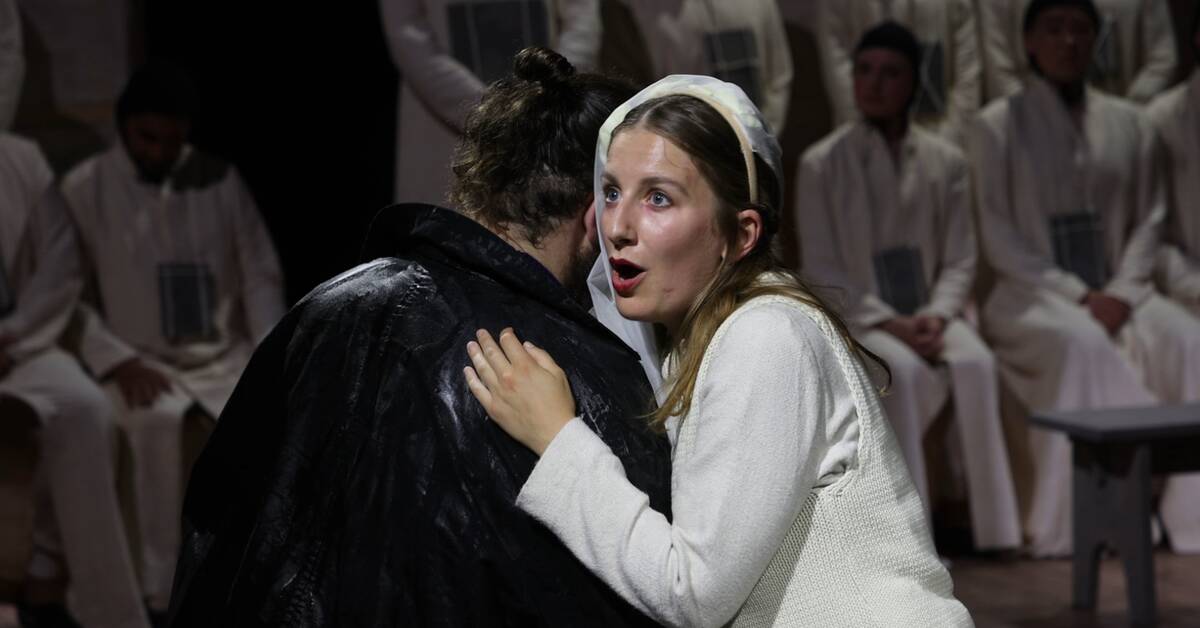Film legend Lars von
Trier's melodramatic story about the sacrificial death of the innocent Scottish girl became his international breakthrough in the 90s.
I was both moved and distressed by this heartbreaking love tragedy with Bess and her paralyzed oil rig worker.
Why this gruesome martyrdom with a miraculous end?
Just like an old musty 19th century story where the soprano has to die at the end for the man's salvation…
But boosted by the success of "Breaking the waves", von Trier went one step further when he tortured his blind woman to death in "Dancer in the dark".
It was a Palme d'Or in Cannes, which prompted the Danish composer Poul Ruders to write an opera.
And then another, based on "The Handmaid's Tale".
Because it can still be good opera about women who completely cross the line into breakdown.
However, behind the Vadstena opera
's "Breaking the waves" stands a younger female composer: American Missy Mazzoli.
It is musical drama with great emotions framed in a modest format with only a chamber orchestra and – in the wedding hall at Vadstena castle – simple, stripped-down scenography.
The 70s realism of the film version has been reduced here to water projections, some black rocks and white coats for the puritanically sex-hostile church congregation that will seal the fate of the mentally fragile Bess.
She shares the name with the madhouse songs "Bess of Bedlam" - so-called Mad Songs which flourished during the English 18th century.
And the love-crazy woman is a favorite character in the world of opera.
A leading role that requires its soprano!
Just as Emily Watson had her breakthrough in von Trier's film, Josefin Mindus breaks through here with a strong and expansive voice from a fragile exterior.
It is a role performance far beyond the ordinary, and she carries the whole work on her slender shoulders.
Her co-star is the solid Canadian baritone Jonah Spungi, who bears no resemblance to the film director Stellan Skarsgård.
Here, their love scenes have been dressed in white and supervised by an intimacy coordinator.
How does that sound, then?
Beautiful – in any case more beautiful than usual in newly written opera.
Continuously melodically singable, but without committing melodies to memory.
Often with a refined little "rub" in some odd instrument that prevents overshooting into raw sentimentality.
Mostly it resembles something familiar that you have never heard before.

